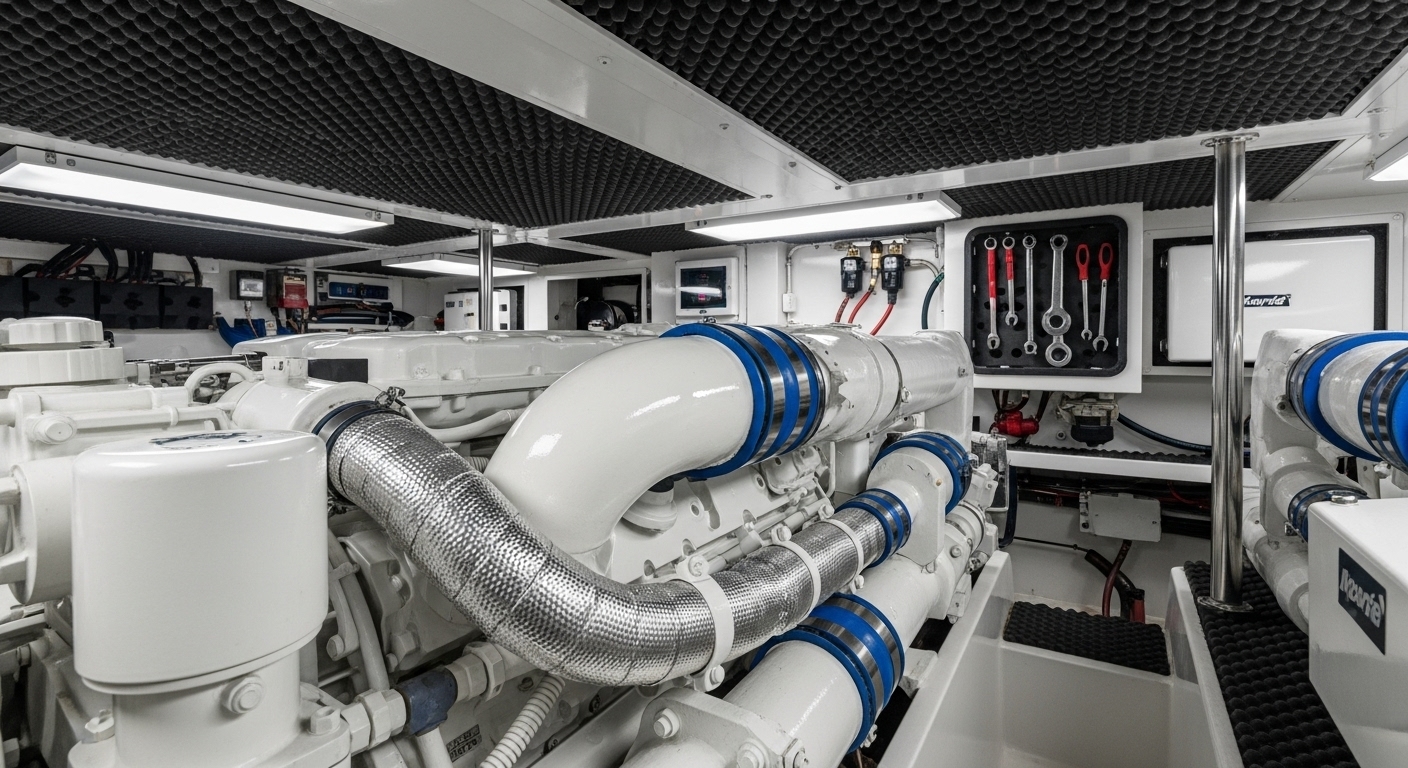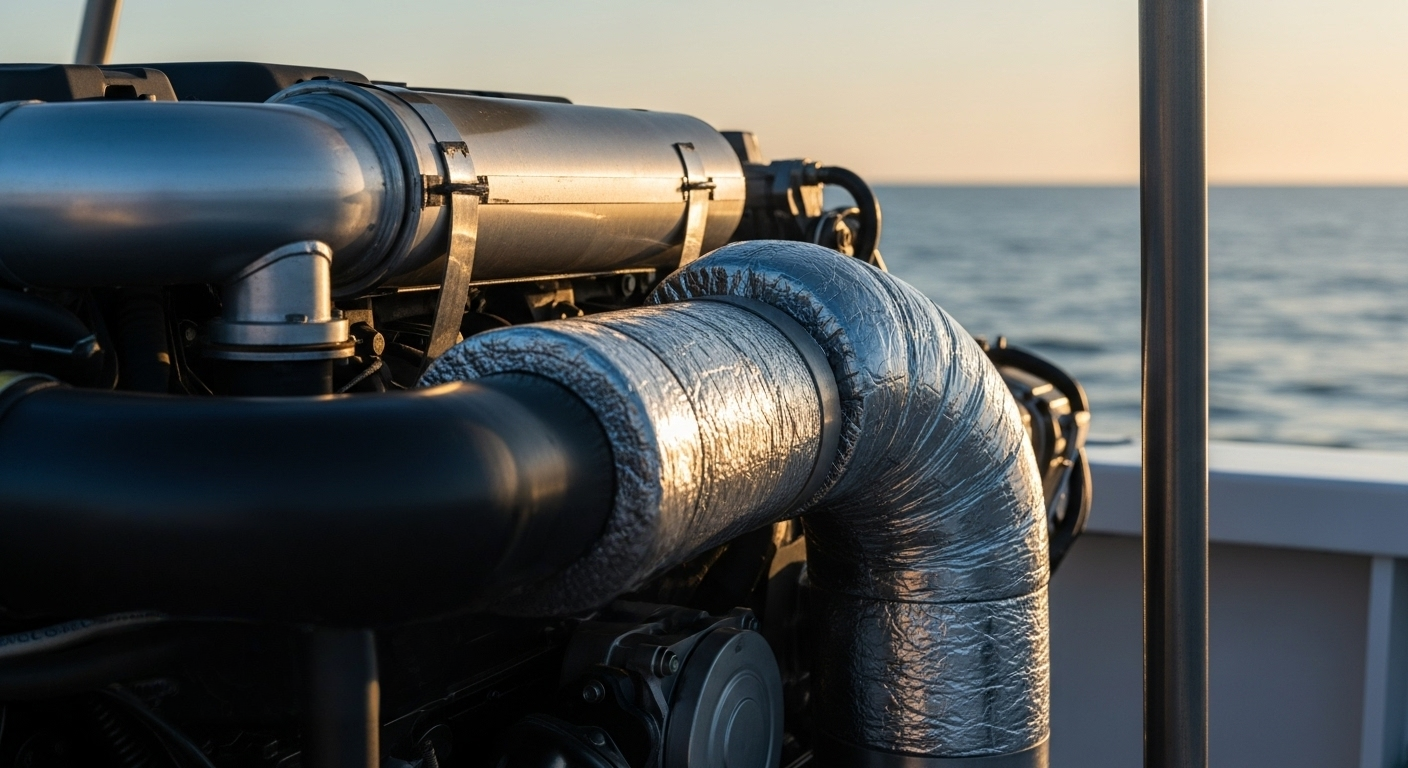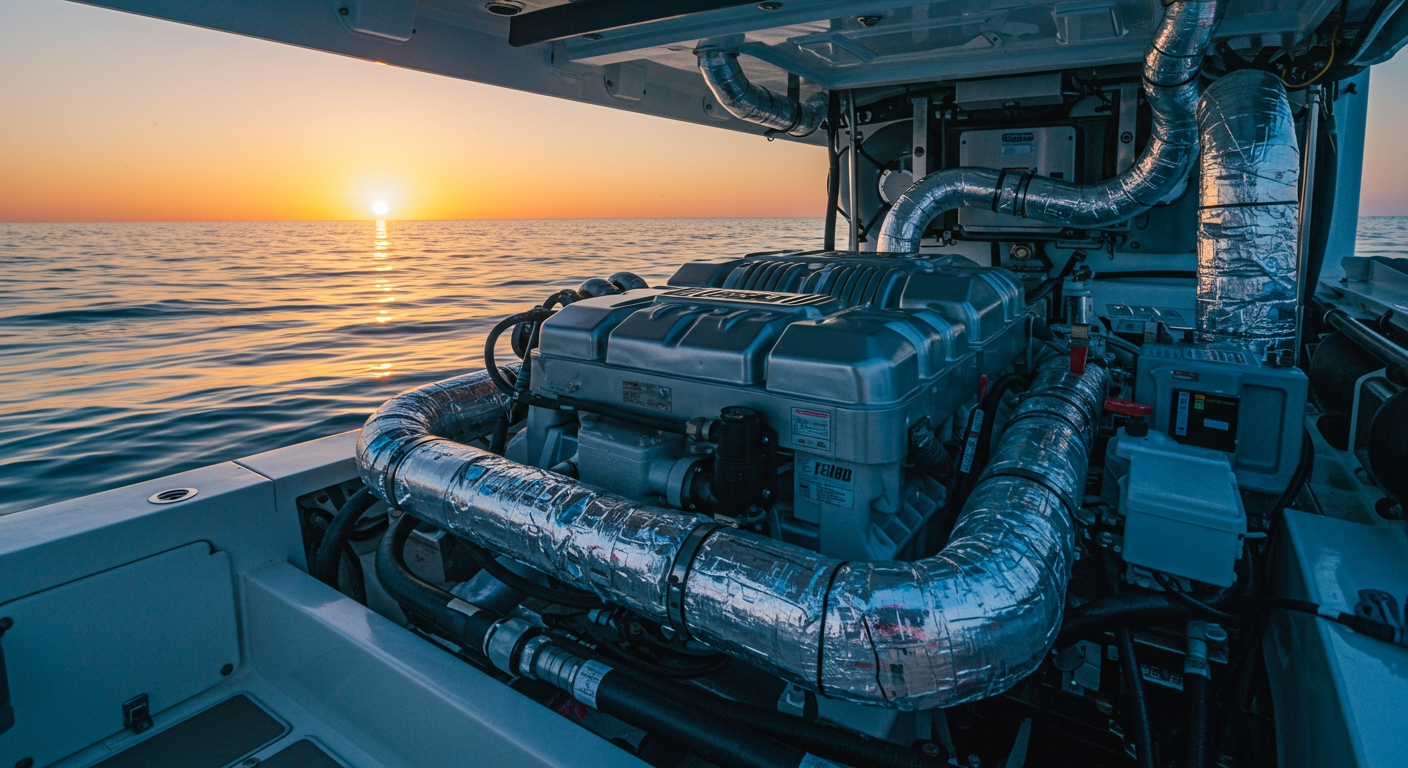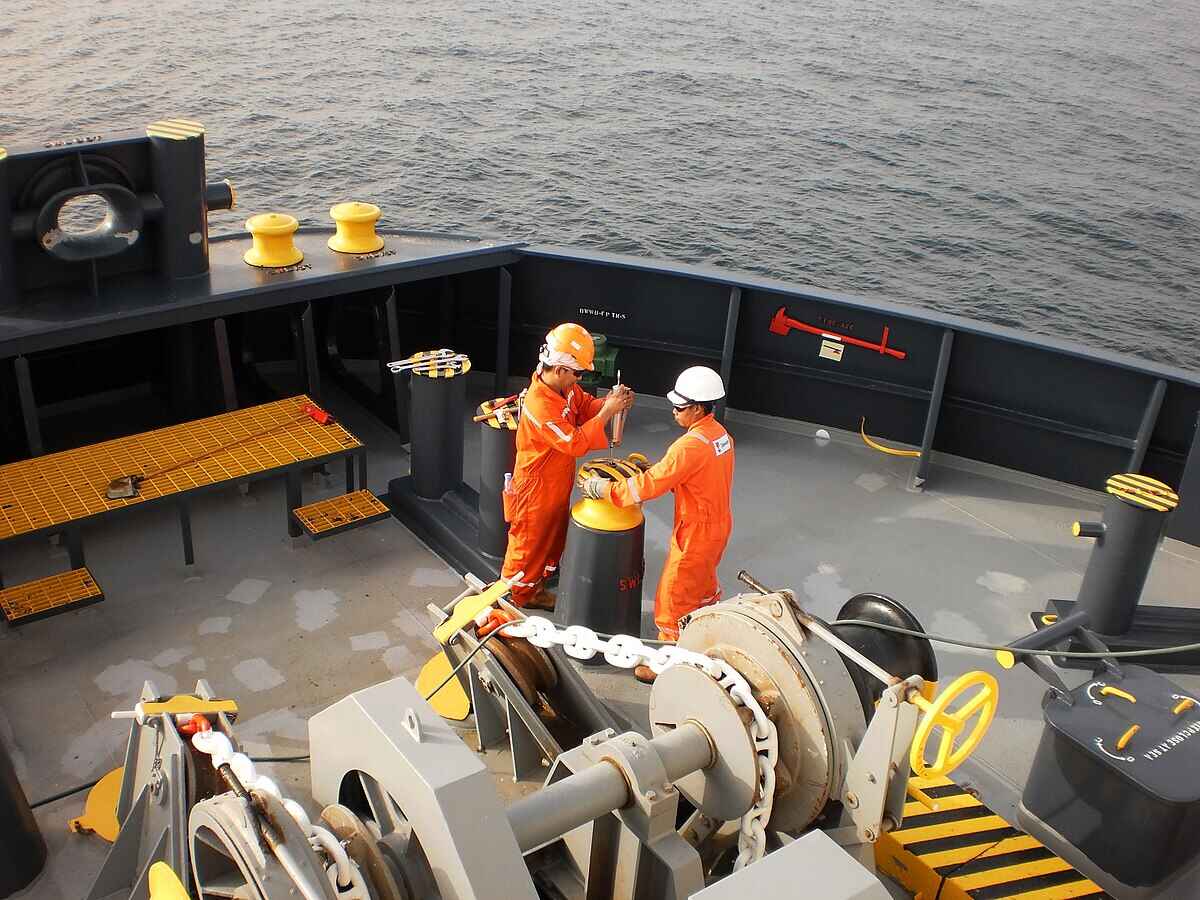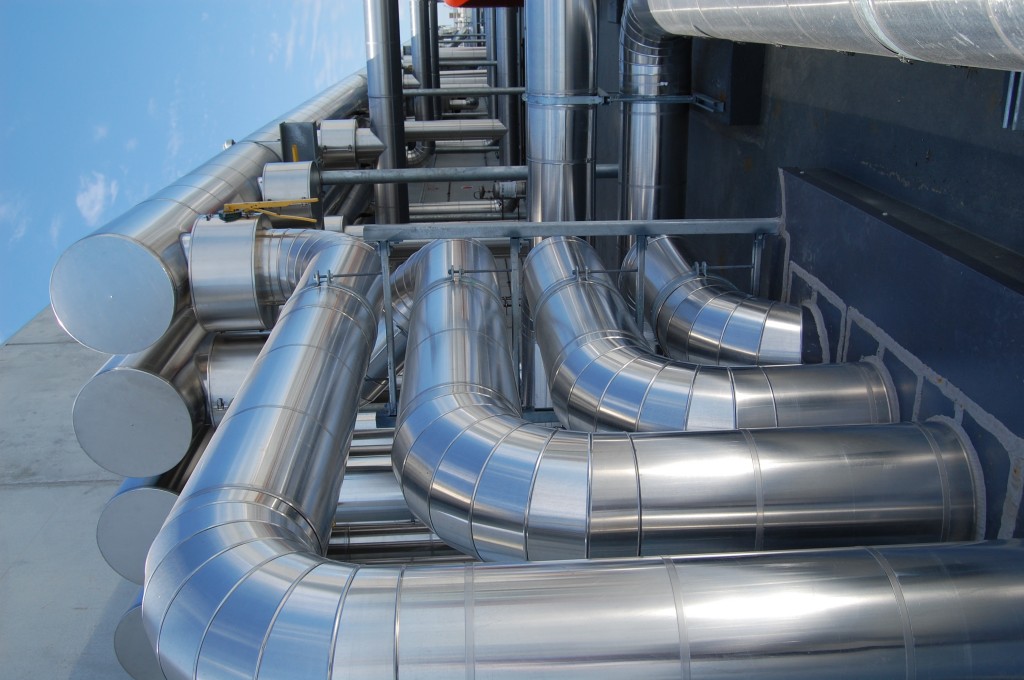Yachting is an extraordinary experience that offers luxury, freedom, and an unmatched sense of adventure. Whether you are cruising along the coast or enjoying the open sea, a key factor that significantly enhances your yachting experience is the comfort and performance of your vessel. One element that plays a pivotal role in achieving both is thermal insulation. This integral feature helps regulate internal temperatures, safeguard vital systems, and reduce operational costs. But what exactly makes it essential to your yacht’s overall functionality? Let’s explore the impact of thermal insulation on your vessel’s comfort and performance, and why it is crucial for optimal operation.
Understanding Thermal Insulation for Yachts
Before diving into the benefits, it’s important to understand what thermal insulation entails. Thermal insulation in the marine context refers to the materials and systems used to minimize heat transfer between different environments within the yacht. This includes pipes, engine rooms, air ducts, and external surfaces exposed to the harsh elements. Typically, insulation materials include fiberglass, mineral wool, closed-cell foam, or more advanced materials like aerogel, which have excellent heat resistance and moisture control properties.
Enhanced Climate Control and Comfort
One of the primary benefits of thermal insulation is its ability to regulate temperature inside the yacht. Maintaining an ideal internal environment is not just about luxury—it’s essential for the comfort of everyone aboard, including crew and guests. A yacht’s interior can experience significant temperature fluctuations, especially in areas such as the galley, engine room, or the lounge. Without proper insulation, heat from engines, exhaust systems, or external weather conditions can lead to discomfort, higher humidity levels, or even mold growth.
By insulating crucial areas, like air conditioning ducts or engine compartments, thermal insulation ensures that heat doesn’t infiltrate living spaces. Whether you are anchored in the hot Mediterranean sun or cruising through chilly waters, insulation helps maintain a comfortable and consistent temperature, reducing the reliance on HVAC systems and providing an enjoyable environment for all passengers.
Energy Efficiency and Reduced Costs
Thermal insulation also plays a significant role in improving a yacht’s energy efficiency. When heat is properly contained within systems and internal spaces, it allows the yacht’s HVAC systems to operate at a reduced load. The less the air conditioning or heating system has to work, the less fuel it consumes. This directly translates to reduced operational costs—saving fuel, reducing wear and tear on HVAC systems, and lowering the need for frequent maintenance.
In colder climates, proper insulation prevents heat loss from heated interior spaces, enabling the yacht’s onboard heating system to function efficiently without overuse. By keeping the internal temperature stable, thermal insulation minimizes the energy consumption of heating and cooling systems, which is especially beneficial for long voyages or extended trips.
Protecting Marine Systems from Extreme Temperatures
Yachts are subjected to a wide range of temperature extremes, both internally and externally. The engine room, fuel lines, and exhaust systems are typically exposed to high temperatures. Without effective insulation, these systems can face several issues such as reduced performance, premature wear, or even complete failure.
Insulating engine compartments and fuel lines ensures that excessive heat is kept in check, allowing machinery to operate at the optimal temperature. This protects the engine and other critical systems from thermal stress, extending their lifespan and improving their performance. Additionally, thermal insulation helps mitigate condensation within pipes and tanks—preventing rust, corrosion, and other moisture-related issues that can cause significant damage over time.
Sound Dampening and Noise Reduction
While thermal insulation is primarily known for its temperature-regulating properties, it also contributes to noise reduction. Yachts, especially larger vessels, can be quite noisy due to engine vibrations and mechanical components. By incorporating insulation materials into the vessel’s structure, noise levels within the interior spaces are significantly reduced. This contributes to a quieter, more peaceful environment onboard, which is essential for both comfort and relaxation.
Whether you are enjoying a meal in the dining area or resting in the stateroom, the noise-dampening properties of thermal insulation help to preserve the serene atmosphere by minimizing engine noise and vibrations that could otherwise disrupt the onboard experience.
The Environmental Impact: A Greener Approach
In addition to its comfort and performance benefits, thermal insulation also plays a role in reducing the yacht’s environmental impact. By enhancing energy efficiency and reducing fuel consumption, insulation helps lower carbon emissions and waste production. The more efficiently a yacht operates, the less fuel it requires, leading to a greener, more sustainable operation. For eco-conscious yacht owners, this is an important consideration, especially as the maritime industry shifts toward more sustainable and eco-friendly practices.
Conclusion: Maximizing Your Yacht’s Potential
In conclusion, thermal insulation is a game-changer when it comes to both comfort and performance on the water. From temperature regulation and energy savings to system protection and noise reduction, the benefits of investing in proper insulation are undeniable. For yacht owners seeking to enhance their cruising experience, insulation is not just an optional upgrade—it’s an essential part of maintaining a functional, sustainable, and comfortable vessel. Whether you’re an experienced sailor or a first-time yacht owner, ensuring your vessel is well-insulated will result in a smoother, more enjoyable journey every time you set sail.


